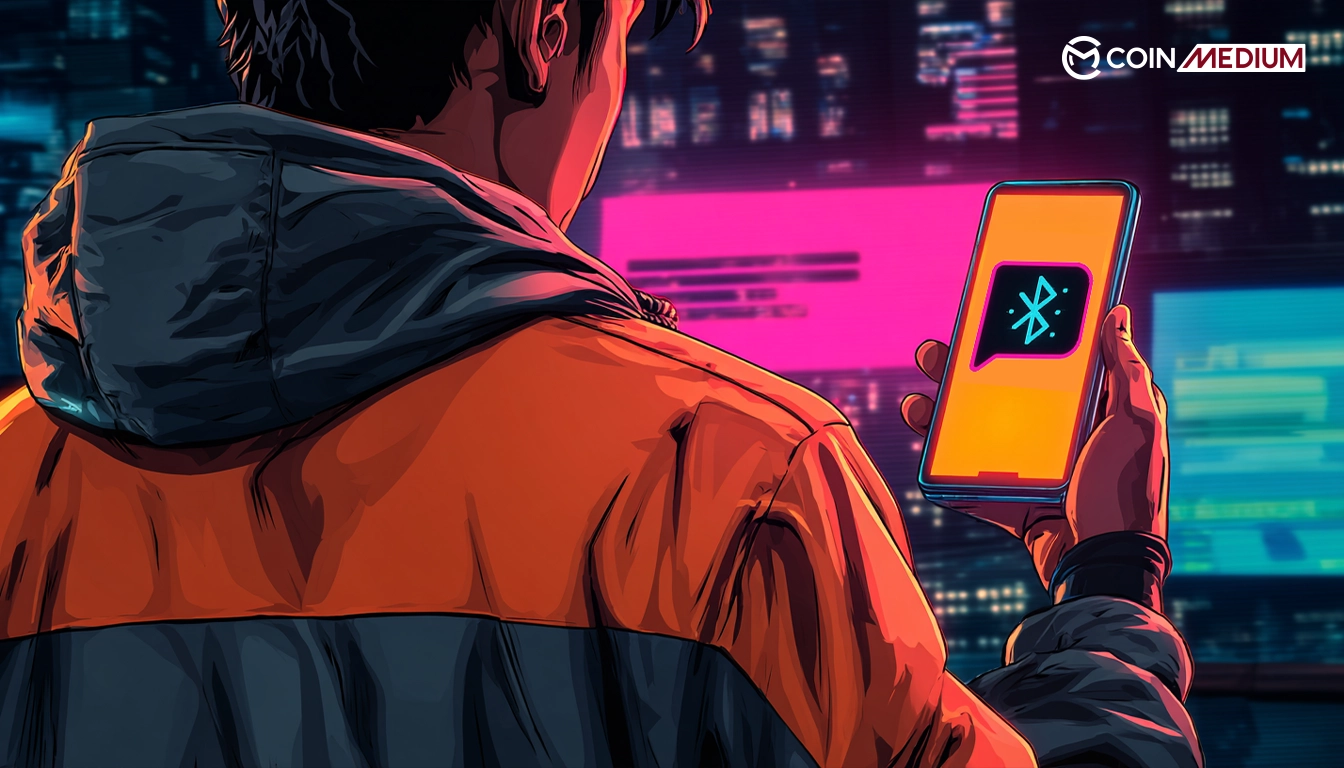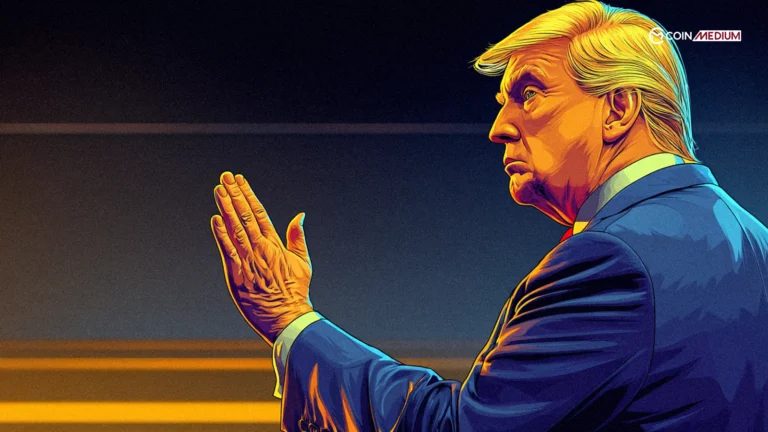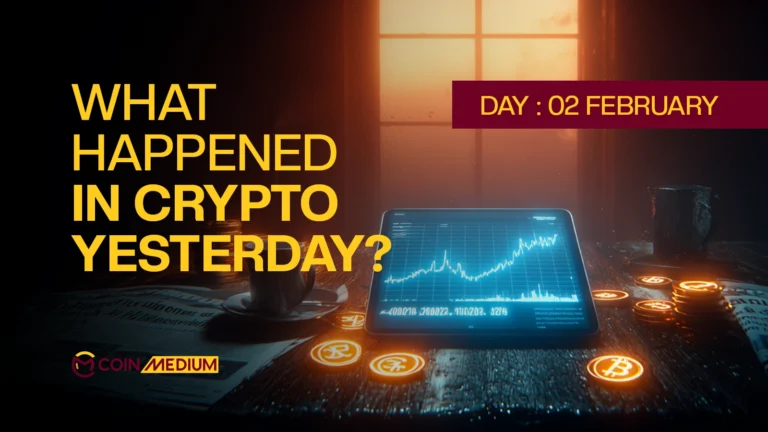Smoke billows from Nepal’s parliament building as protesters storm the streets, but their most powerful weapon isn’t stones or fire — it’s an app that works without internet. As tear gas chokes Kathmandu and government forces open fire on demonstrators, young Nepalis are quietly downloading Jack Dorsey‘s Bitchat app in unprecedented numbers, transforming a weekend coding project into the backbone of digital resistance.
Nepal’s political crisis erupted after viral videos exposed the lavish lifestyles of politicians’ children, fuelling public outrage over corruption and economic hardship. When the government blocked Facebook, Instagram, WhatsApp, and YouTube to silence protests, it backfired.
Within hours of the social media blackout, Bitchat downloads surged across Nepal’s major cities. In places without internet, university students in Kathmandu shared the app via USB drives and SD cards, while protesters in Pokhara and Chitwan formed human chains to pass it from phone to phone.
Tech-savvy demonstrators set up “digital aid stations” outside universities, helping older protesters install and configure the mesh networking app on their devices. The app’s adoption spread beyond protest coordination, with Nepali diaspora communities worldwide downloading Bitchat to maintain contact with family members during the communication blackout.
Record-Breaking Downloads
“We’re seeing an even bigger spike from Nepal than we observed during Indonesia’s protests last week,” posted Bitcoin developer “callebtc,” who contributes to Bitchat development. Nepal’s download numbers dwarfed Indonesia’s 11,324 downloads by more than four times, with over 45,000 confirmed installations in just 72 hours.
Indonesia’s recent experience has provided the blueprint for Nepal’s digital resistance strategy. During anti-government protests in Jakarta last month, Indonesian students demonstrated Bitchat’s effectiveness in bypassing state internet restrictions, recording over 11,000 downloads as authorities throttled mainstream social platforms.
How Bitchat Works?
Bitchat works through Bluetooth connections between phones, allowing people to send messages without internet, phone numbers, or signing up for accounts. Each phone acts like a mini-tower, passing messages to nearby phones until they reach their destination – creating a network that governments can’t shut down or spy on.
This approach is becoming popular worldwide as governments crack down on internet freedom. Even democratic countries are now considering laws that would let authorities read private messages before they’re encrypted.
A New Era of Digital Resistance
Twitter founder Jack Dorsey launched Bitchat just two months ago, using AI tools to build it quickly. The timing worked perfectly as governments worldwide are increasingly restricting internet freedom. The Nepal crisis shows how strict government actions often push people toward apps that can’t be controlled.
As traditional social media bans prove ineffective against mesh networking technology, Bitchat and similar apps may fundamentally change how people communicate during times of crisis. What started as a coding experiment has become a symbol of digital freedom — proving that in the age of smartphones, suppressing communication is no longer as simple as cutting internet cables.







